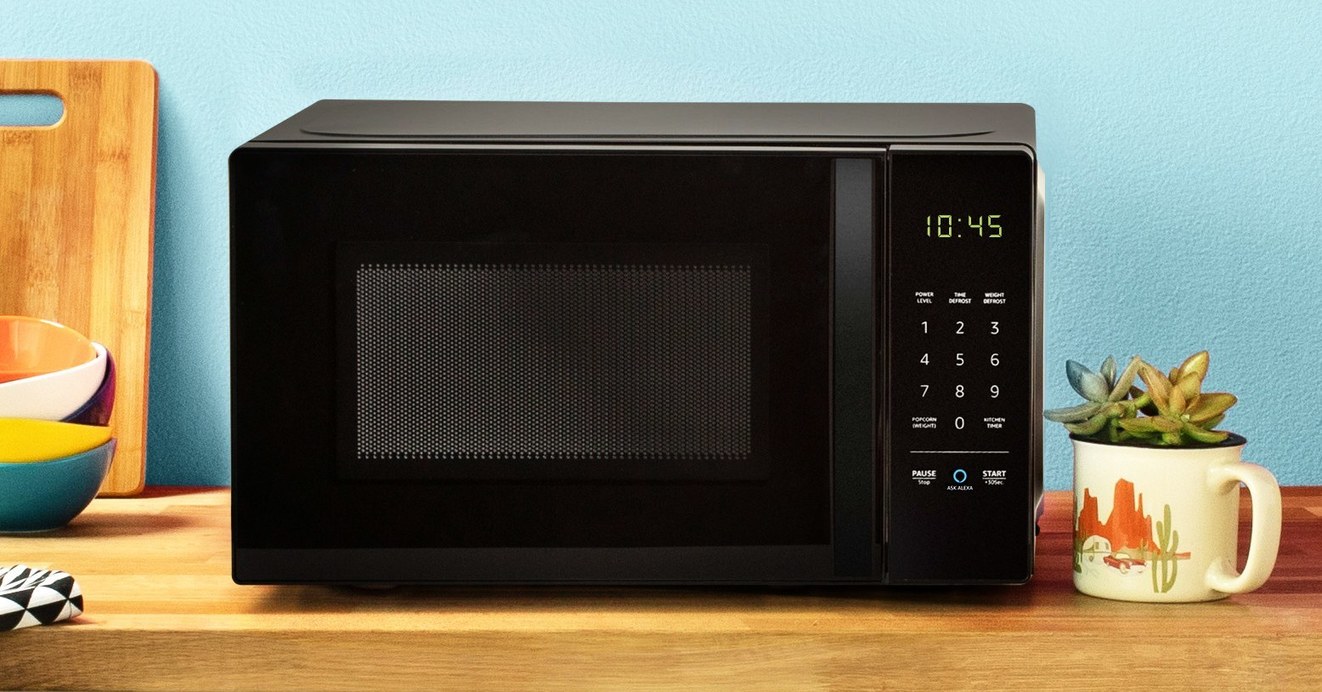Every microwave has different presets with different button combinations that do different things. It’s more difficult than memorizing attack combos in Street Fighter II. No one should have to remember all that.
If Amazon gets its new microwave right, it could really improve the experience. Instead of using those horrible button combos, we could begin to tell our microwave the gist of what we want it to do—"defrost two cups of frozen peas"—and let it do the heavy lifting. The company says that at launch, the microwave should be able to defrost several types of foods, like vegetables or chicken, by varying the microwave’s power level, as well as adjust the cook time. It could mean a lot fewer undercooked potatoes and far less exploding tomato sauce in our future.
Standard microwaves can’t learn new tricks, but Alexa can. Amazon could continually refine the software with new foods, meaning a voice-connected microwave may actually get better over time. It’ll be no time before Google introduces one of its own.
Better Nuking Ahead
Of course, Amazon’s microwave may not live up to its potential. We weren’t all that impressed with GE’s Smart Countertop Microwave, which also comes with Alexa compatibility. In that device, Alexa doesn’t actually vary the power level or do all that much.And talking to the microwave isn’t always convenient. It takes less time to press the "add 30 seconds" button than to press the Alexa button, then ask Alexa to add 30 seconds. You can command Alexa to stop the microwave, but why would you do that when you could just push a button yourself? You have to open the door to get your food, after all.
Then there are the privacy pitfalls. Do we really want Amazon to keep a detailed log of all our microwave use? Overzealous data logging is a problem with almost every new connected device—and a microwave might not benefit us enough to make the privacy tradeoff worth it.
Amazon hopes the extremely low price will ward off those concerns. At $60, the AmazonBasics Microwave is nearly half the price of some competitors. That alone will convince some people to try it.
Sourced through Scoop.it from: www.wired.com







Leave A Comment